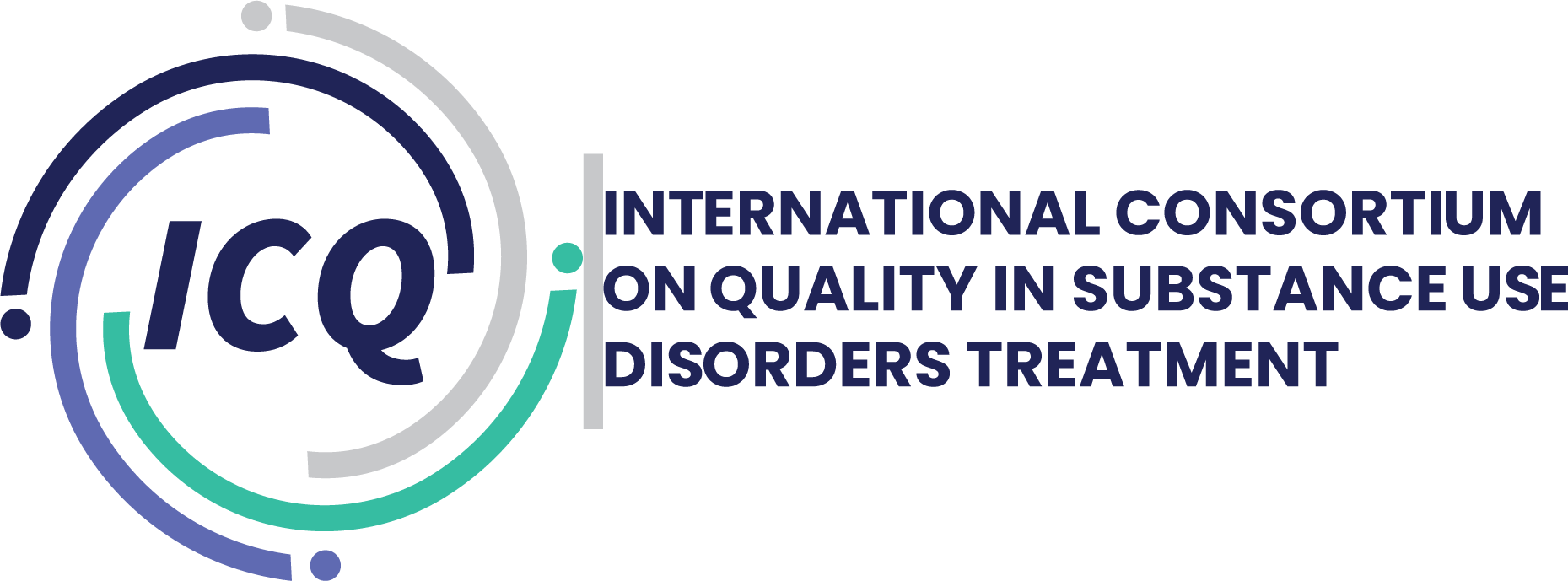Community-based treatment, care, and supervision for people with substance use problems who are involved with the justice system.
Reduce Drug Related Crime
A systematic review and meta-analysis on the effects of European drug treatment programmes on reoffending
ABSTRACT This article presents the results of a systematic review and meta-analysis on the effects of treatment programmes for drug abusing offenders in Europe, using stringent eligibility criteria to control for threats to internal...
Revising the paradigm for jail diversion for people with mental and substance use disorders: Intercept 0
ABSTRACT A conceptual model for community-based strategic planning to address the criminalization of adults with mental and substance use disorders, the Sequential Intercept Model has provided jurisdictions with a framework that overcomes...
Family Treatment Drug Court Cost Analysis: An In-depth Look at the Cost and Savings of a Southeastern Family Treatment Drug Court
ABSTRACT This study examines the cost and benefits of a family treatment drug court (FTDC) in an urban county in a southeastern state. This study utilized a cost–benefit analysis that enters the costs of family treatment drug court and...
The impacts of family treatment drug court on child welfare core outcomes: A meta-analysis
ABSTRACT Background Substance abuse has been prevalent among caregivers involved in child welfare and is a major barrier to their achieving favorable outcomes. Family Treatment Drug Courts (FTDCs) have been viewed as one of the most...
The Impact of Traumatic Stress, Social Support, and Substance Problems on Graduation Among Female Offenders in a Prescription Drug Court Program
ABSTRACT Trauma exposure and comorbid substance use are highly prevalent among female drug court participants. Despite the pervasiveness of the issue, few studies have investigated the impact of posttraumatic stress symptoms (PTSS) and...
Scoping review of interventions to link individuals to substance use services at discharge from jail
ABSTRACT Introduction Individuals with substance use disorders (SUD) must be linked to community-based SUD treatment and other services upon their release from jail, given their high service needs and risks for relapse, recidivism, and...
A promising jail reentry program revisited: results from a quasi-experimental design
ABSTRACT Prisoner reentry remains a significant challenge for the criminal justice system with millions of offenders returning to society each year from the nation’s prisons and jails. Employment, housing, and access to substance abuse and...
Reentry interventions that address substance use: A systematic review.
Justice-involved individuals with substance use problems have heightened risk of relapse and recidivism after release from incarceration, making reentry a critical time to provide evidence-based treatments (EBTs) for substance use; however...
The impact of specialized referral services on recidivism and length of stay among halfway house residents
ABSTRACT Individualized case management services that identify and provide support for treatment, housing, and employment may improve opportunities for success for those housed in community residential facilities (CRFs) upon release...
Moving Beyond Referrals: Addressing Multilevel Barriers to Substance Use Treatment Engagement Through Police-Led Recovery Management Check-Ups
ABSTRACT The opioid epidemic in the United States (US) has prompted innovative responses from law enforcement agencies including specialized units to refer overdose survivors to substance use treatment following an overdose. However...
